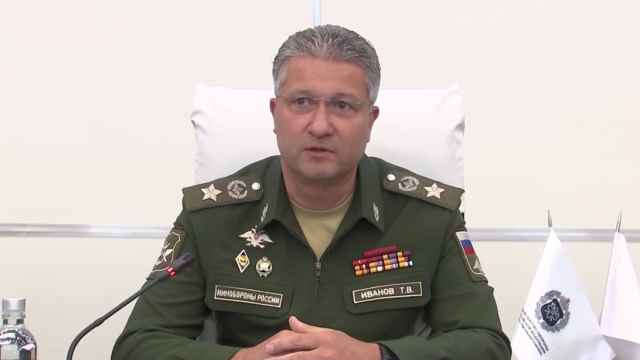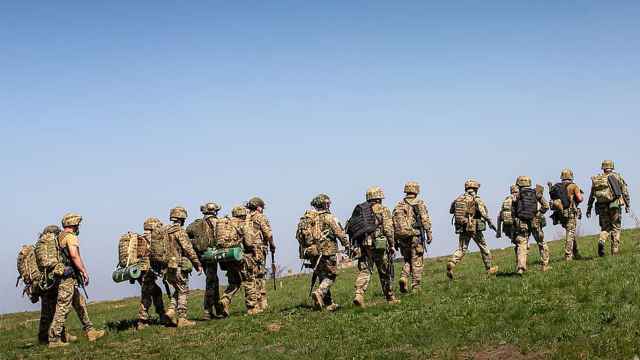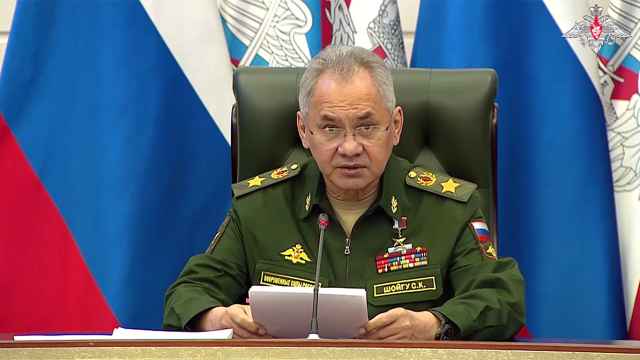WASHINGTON — The administration of U.S. President Barack Obama is trying to leverage new evidence that Syrian President Bashar Assad's government used chemical weapons, and make a fresh diplomatic and possible military push with allies to end the country's civil war.
This renewed effort starts with Secretary of State John Kerry's trip to Moscow this week for talks with leaders in Russia, the Syrian government's most powerful international friend.
Russia, alongside China, has blocked U.S.-led efforts three times at the United Nations to pressure Assad into stepping down. The U.S. hopes to change Moscow's thinking with two new arguments, officials said: the evidence of chemical weapons attacks and, with the war now in its third year, American threats to arm the Syrian rebels.
Russia represents the most difficult diplomatic test as the U.S. tries to assemble a global coalition to halt a civil war that has claimed more than 70,000 lives.
Washington wants a peaceful resolution and sees UN-imposed sanctions against Syria as an effective tool for pressuring Assad into negotiations. With Assad's government unwilling to talk with the opposition, and Russia providing military and diplomatic backing, hopes of a negotiated transition are all but dead for now.
The stalemate and the risk of greater chemical weapons usage are driving Obama to explore new options, including military ones. But, he made clear Friday during a visit to Costa Rica, "I do not foresee a scenario in which boots on the ground in Syria, American boots on the ground, would not only be good for America but also would be good for Syria."
Obama said at a Washington news conference earlier in the week that any new U.S. action should be taken prudently and in concert with international partners. Two days later, Defense Secretary Chuck Hagel said that arming the Syrian opposition was a policy consideration.
Kerry's departure Monday for Russia sets the stage for some critical discussions.
In Moscow, officials said Kerry would attempt to persuade President Vladimir Putin to support, or at least not veto, a fresh effort to impose UN penalties on Syria if Assad doesn't begin political transition talks with the opposition.
To make his case, Kerry will present the Russians with evidence of chemical weapons use and relay the Obama administration's readiness to give weapons to the Syrian rebels, according to the officials, who demanded anonymity because they weren't authorized to speak publicly about the confidential diplomacy.
Although the U.S. is prepared to act with or without the Russians' help, officials say a coordinated effort to end the war would be much easier with Moscow on board.
China is seen as largely following Russia's lead.
The U.S. also wants Russia, which maintains a naval base in Syria, to stop honoring existing contracts with the Assad government for defense hardware and to refrain from doing anything else to bolster his forces.
Unlike with Afghanistan and Iraq, several of America's Western and Arab allies are significantly ahead of the United States in their readiness to intervene in Syria.
The chances for a Russian shift are unclear. U.S.-Russian relations are mired in disputes from missile defense in Europe to adoptions and new Russian laws against political dissent. Arguments outlining the costs of increased international criticism for remaining steadfast in support of the Assad government have repeatedly failed to move Moscow.
Officials say Kerry is optimistic he can sway Putin; others are more skeptical.
At a minimum, officials said, reaching out to Russia could pre-empt arguments that the U.S. is moving toward military options in Syria without giving diplomacy a final chance.
Gaining even Russia's grudging acquiescence in private to greater American involvement in Syria, as with NATO's Kosovo intervention in the 1990s, could be viewed as a critical if silent diplomatic victory for the United States.
Russia said Monday that it was concerned the chances of foreign military intervention in Syria were growing following reports of Israeli air strikes around Damascus, which it said were a source of "particular alarm."
"We are seriously concerned by the signs of preparation of global public opinion for possible armed intervention in the long-running internal conflict in Syria," Foreign Ministry spokesman Alexander Lukashevich said in a statement.
Russia was also analyzing the "reports of Israeli air strikes on May 3 and May 5 on sites in the suburbs of Damascus, which caused particular alarm," Lukashevich said.
"The further escalation of armed confrontation sharply increases the risk of creating new areas of tension, in addition to Syria, in Lebanon, and the destabilization of the so far relatively calm atmosphere on the Lebanese-Israeli border."
(Reuters)
Related articles:





